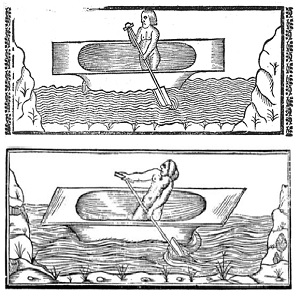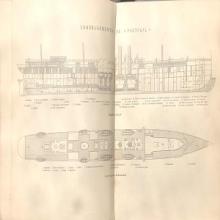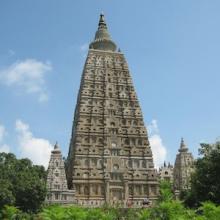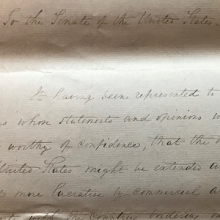Global Contact

Remains of the Stargate Canoe
This image showcases one of the few remains of a canoe found in the Caribbean. The ‘Stargate’ canoe, found in a blue hole—a large marine cavern--on the island of South San Andros in the Bahamas, represents only the tip of the canoe.

2 Prints of a Sole Amerindian in a Canoe
These images of a man in a canoe come from the work of the Spanish official, historian, and botanist Gonzalo Fernandez de Oviedo (1478-1557), who created many images of Amerindians while he was in the Caribbean during the 1520s.

Short Teaching Module: Connecting the French Empire
For a long time, historians tended to study colonial empires of the 19th and 20th centuries one colony at a time, or through the relationship of one colony to its metropole.

Analyzing Travel Records
In a way, all historical thinking and all historical writing deal with travel accounts.

Shipping Company Route Map from 1889
This route-map of the Messageries Maritimes shipping company displays the main routes connecting metropolitan France to its empire in the Indo-Pacific. While the map dates to 1889, these routes retained their basic structure through the 1950s.

"Resolutely support the just struggle of the American Blacks!" Propaganda Poster, 1963
The title of this Chinese propaganda poster is “Resolutely support the just struggle of the American Blacks!” (Jianjue zhichi Meiguo heirende zhengyi douzheng!).
Speech by U.S. Civil Rights Leader Robert Williams, 1966
American civil rights leader Robert Williams delivered this speech on August 8th,1966 at a demonstration in Beijing commemorating the third anniversary of Mao Tse-tung’s “Statement
Mao Tse-tung's Statement Regarding Racial Discrimination in the United States, 1963
Chinese Communist Party Chairman Mao Tse-tung delivered this speech on August 9th, 1963 prior to the March on Washington for Jobs and Freedom. In it, he expresses support for Black Americans’ struggles against racial discrimination and calls upon peoples of the world to unite against U.S.

Business contract between Richard P. Waters and his Omani-Zanzibari trading partner, Esau bin Abdul Rahman
This contract represents how business was typically transacted in Zanzibar and throughout the Omani Empire.

Short Teaching Unit: The Omani Empire and the Center of the Emerging Global Economy, 1500-1850
This essay pushes back against European-dominated narratives of world history to suggest that the Omani Empire was a crucial space for the emergence of our present-day system of global capitalism.